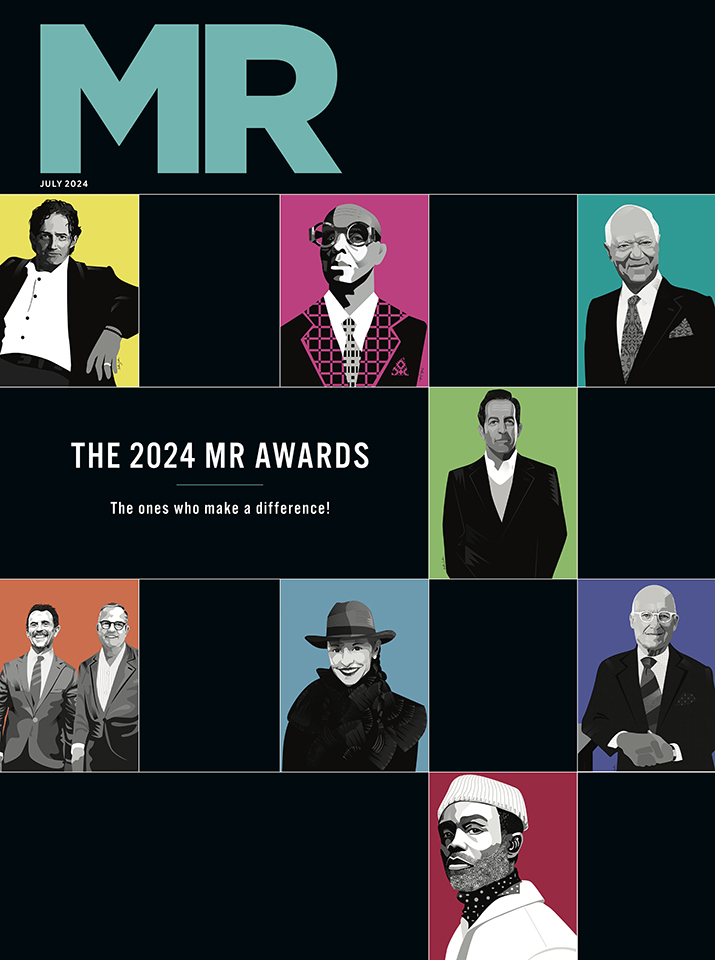Why It Matters When Black Lives Matter Clothing Is Banned

Formula One has banned drivers from wearing clothing bearing messages while performing official duties. The decision came after Lewis Hamilton wore a top at the Tuscan Grand Prix on 13 September that said “Arrest the cops who killed Breonna Taylor”. Since March, celebrities have not shied away from wearing clothing in support of Black Lives Matter (BLM) at high-profile events – but not without a backlash. The Japanese tennis player Naomi Osaka was told to “keep politics out of sport” when she brought seven face masks with the names of different victims of police brutality to the US Open. Almost 2,000 people complained to Ofcom – which has yet to decide whether to investigate – about the BLM necklace worn by Alesha Dixon on Britain’s Got Talent (only a few weeks after the programme received 24,500 complaints – later dismissed by the regulator – about a performance by the dance group Diversity that was inspired by the police killing of George Floyd). The framing of these moments as radical and political rather than sincere and teachable has raised other questions, such as: are black lives allowed to matter in public spaces – public spaces that are normally the home of white privilege? Read more at The Guardian.

